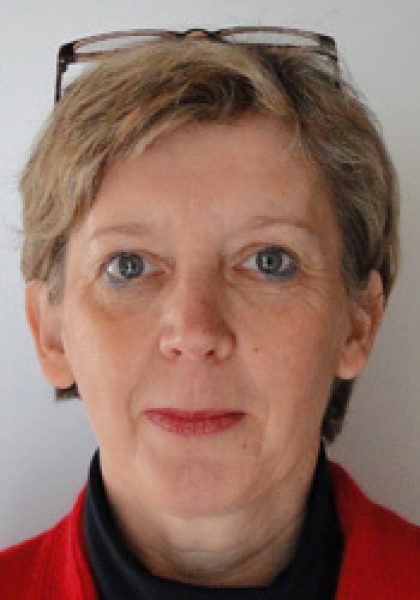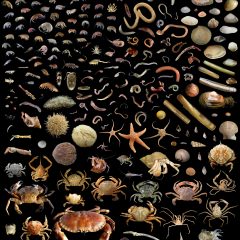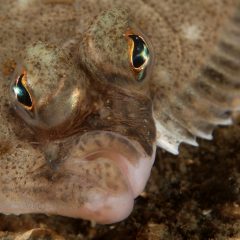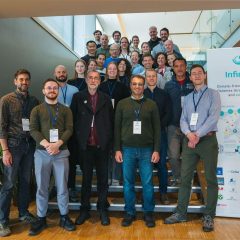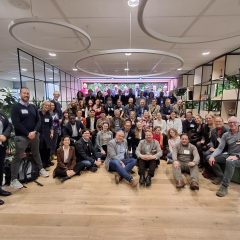Research project EveryFish: Digital transition of catch monitoring in European Fisheries
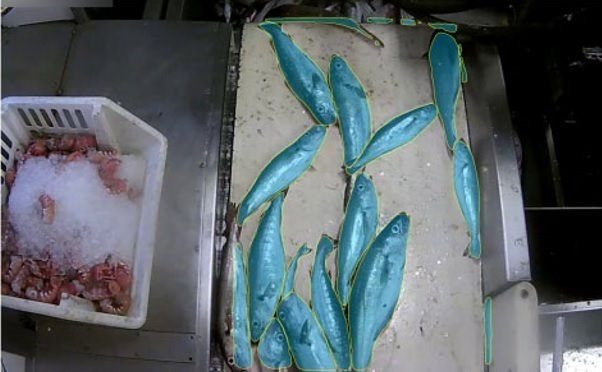
General introduction
EveryFish aims to develop technologies and strategies for fully automated monitoring and control of fishing activities, which are then accepted, trusted and used by societal and policy actors. With artificial intelligence (AI) and machine learning, it will eventually become possible to map catch records in real time including all relevant metadata. This opens the way to efficiency gains, sustainability pathways, economic optimizations, and to more optimal, data-supported policy choices and enforcement opportunities. At the same time, such digital innovation and transition also brings very many challenges: Do competing interests arise? Unfair international competition? Societal debates? Frictions or disruptive changes in the existing system? The project approaches the innovative fisheries monitoring system holistically: in addition to the technological issues, the researchers work to identify industrial, political and societal challenges. How do we achieve legitimacy that is acceptable to both industry and policy makers? The plan is to approach the issue interdisciplinary and in European cooperation (with all kinds of fisheries stakeholders and managers), down to the level of ethics in the markets.
Research approach
The plan is to approach the issue interdisciplinary and in European cooperation (with all kinds of fisheries stakeholders and managers), down to the level of ethics in the markets. The basic tools are machine vision and AI (artificial intelligence), distributed ledger technology (blockchain), a science-policy-industry market interface and a strong multi-level governance theory. We are focusing on four broad fisheries classes to test our technological innovations and hypotheses. The phases in which this project operates are: 1. Development of generic artificial intelligence and machine learning frameworks for recognizing fish species and sizes; 2. Development of multiple products and apps for fully automated catch registration applicable to a wide range of fisheries; 3. Development of a transparent, reliable data sharing and reporting infrastructure based on blockchain technology; 4. Develop analytical methods to detect and take action on anomalies in reported catch data; 5. Develop governance strategies for a new era, based on fully documented fisheries and greater self-governance; 6. Efforts to gain acceptance of the technologies and strategies developed, by fishermen, fishery managers and the public; 7. Testing, demonstration and promotion of project results in a wide range of fisheries, including large-scale, small-scale and recreational fisheries.
Relevance/Valorization
The ambition is to make the technology, knowledge and results of this project applicable to a wide range of European and even global fisheries. Likewise, the expectation is that we better understand how to achieve legitimacy with both industry and policy makers. The holistic systems approach increases the likelihood of addressing the significant technological, industrial, political and societal challenges associated with the introduction of widespread and automated catch monitoring. Increased knowledge and understanding of the value-added benefits will result from the intense itterative collaboration of stakeholders in a European context.
